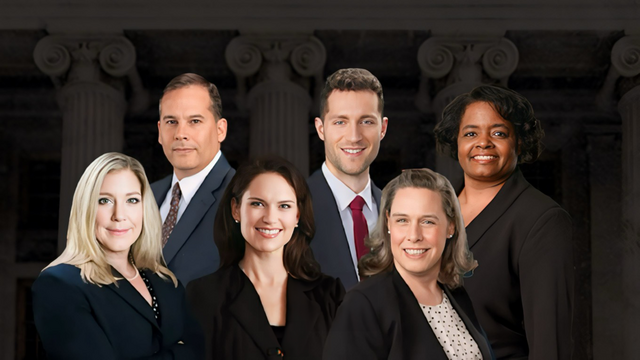Proving Alexandria Child Pornography Charges
When proving Alexandria child pornography charges, the prosecution needs to first confirm the alleged contraband is child pornography. This can more difficult than people realize. There are cases where they believe it is child pornography, however, it is later determined that the person who is depicted in the offending photos is of age.
The prosecution also needs to prove that the defendant knew that the child pornography was there and that they intentionally possessed and/or distributed it. Child pornography cases involving computers may be tricky because one never knows who has logged into a computer, who has seen the photos, and who is distributing the photos. In child pornography cases, the government must prove all these elements. To learn more about proving Alexandria child pornography charges, consult with a knowledgeable attorney.
Prosecution’s Burden of Proof
In criminal cases, the prosecution has the burden of proof. This means that they must prove beyond a reasonable doubt that the defendant was responsible for this crime. If they are not able to do this, then the case will fall apart. Not only does the prosecution have to prove that the child pornography was there but that it was actually child pornography. They also must prove that the defendant knowingly and intentionally possessed or distributed the material. This is not always an easy case for the government. Often, society and law enforcement, automatically assume the defendant of a child pornography case is guilty. However, this is not always the situation.
Evidence Used in Child Pornography Prosecutions
The primary evidence used when proving Alexandria child pornography charges are videos. Investigators will also look to obtain the information in the defendant’s computer. The prosecution will also try to interrogate the defendant in order to see if the defendant will say anything that will corroborate with the investigator’s findings. This is why it is essential for a defendant to refuse to answer investigative questions and reach out to a dedicated defense attorney. The sooner a lawyer is contacted, the sooner they could begin building a strong defense for child pornography charges.
Constitutional Issues in Child Pornography Cases
The constitutional issues that commonly come up in child pornography cases concern the Fourth, Fifth, and Sixth Amendments. The Fourth Amendment covers an individual’s right to be free from unreasonable search and seizures without a warrant, which means that the government must have a warrant to search the person’s home and devices. If law enforcement used a warrant that is faulty or if they do not have a warrant at all, then they have violated the individual’s rights.
Once they began their investigation, usually the government seeks to have the suspect make statements about what it is they expect to find. In those cases, the Fifth Amendment comes up because the person has the right under constitutional law to remain silent and avoid talking to prosecutors or detectives as they see fit. The Sixth Amendment covers the important aspects of trials. A person may not be tried or convicted without counsel by their side or at least without having the advice of their rights to do so.
If you have any questions about constitutional issues and proving Alexandria child pornography charges, contact a skilled attorney.




